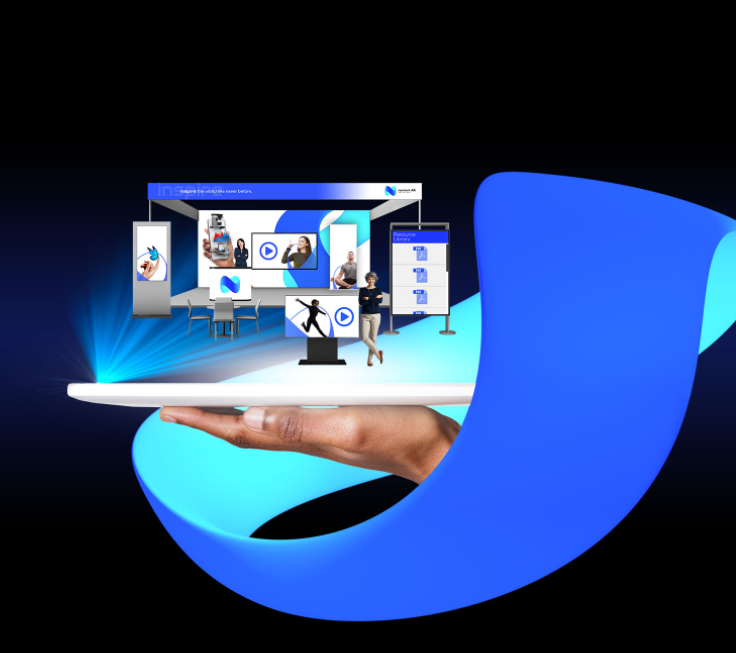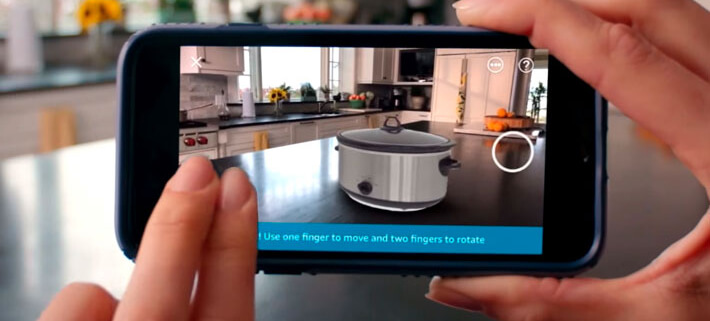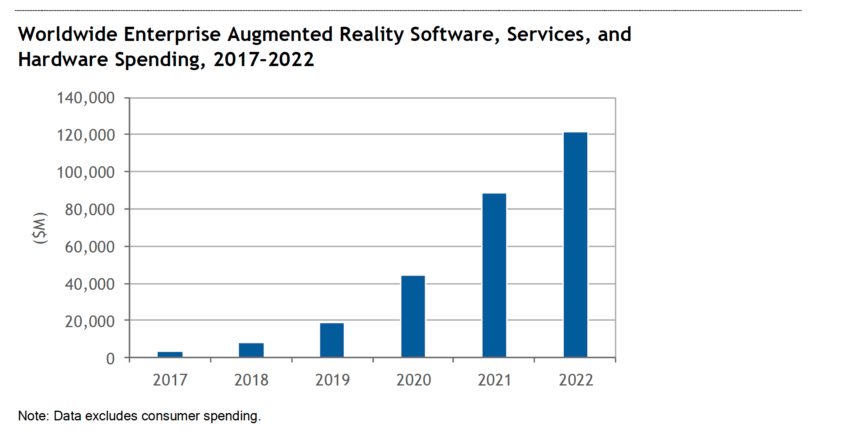Ecommerce industry has experienced a massive tide of good fortunes by leveraging the potential of Augmented Reality (AR) technology. This move has succeeded to overcome the shortcomings of online shopping by bridging the gap between offline and online shopping experiences.
The major concern of online shoppers is ‘uncertainty’. They are usually unsure of whether a particular product is right for them or perfectly meets their specifications. Not all customers have the imagination power to correlate the products available online with the real-world space.
This is where Augmented Reality technology helps! With AR-based ecommerce app, customers are more confident in their purchases and feel that they are making the right choice. Customers like the idea of being able to virtually try different options before making the purchase decision. AR-based ecommerce app makes this possible by transforming user’s smartphone into a useful and ubiquitous AR platform.
eBay – AR App for B2C and C2C Sales
eBay – a multinational ecommerce corporation has recently come up with an AR based app for Android users. Developed using ARCore, this app enhances the buying and selling experience of customers by offering the next level of convenience to customers through ‘AR box picker’ feature.
This feature of eBay allows users to get the right estimate of the size of box for packaging the selected item. AR powered eBay app superimposes a packaging box from its collection of standard box sizes — small, medium top loading, medium side loading, large top loading and many more. This allows users to know what type and size of box perfectly fits the item and helps in purchasing the right box.
Banana Flame – AR App for Fashion Industry
Online fashion retailer Banana Flame associated with software company Zugara to build an Augmented Reality shopping app that allows people to virtually ‘try on’ clothes while they shop online. This step is taken after analysing the situation that majority of customers drop the idea of purchasing clothes because they are not able to actually try it.
‘How good would a particular item look like when I actually wear it?’ is the major issue faced by online shoppers. Banana Flame resolved this problem by integrating AR feature that adds a virtual fitting room for customers to try out clothes using webcam of computer. This app uses virtual controls to adjust dresses’ position, size, colour and even allow users to capture a photograph for sharing with friends and get their reviews before purchase.
This AR-based shopping app of Banana Flame increased the conversion rate of visitors to customers by 182 per cent in a year.
Sephora – AR App for Beauty Industry
Several beauty brands have started leveraging the power of this emerging technology for improving overall sales figures. Sephora virtual artist is one such example that allows customers to virtually see how makeup looks on face before purchasing the beauty product.
Shoppers can take a picture of their face and upload it to the website or mobile app. This allows shoppers to virtually try different makeup products on their face and get an idea of whether it suits them or not. This app also offers tutorials on how to apply eyeliner or lipstick uniquely, all of which are portrayed on your face. Such personalized experiences instill a factor of trust and results in improved conversion rates.
Advertisement
Amazon – AR App for Retail Industry
Amazon, an electronic commerce and cloud computing company has added ‘AR View’ feature in its application for ease of shopping. As of now, Amazon offers AR view feature for selected number of products. However, company has plans to keep adding more and more products in this list so that shoppers can test the look and feel of it.
Product can be rotated to know how large it is and how it looks like when placed in the actual location. AR view feature of Amazon app has improved shopping experience by giving customers a sense of satisfaction and winning their confidence while placing the order.
Artificial Intelligence
The role of Artificial Intelligence becomes more impactful when combined with AR and VR to deliver personalized customer experiences. In the presence of AI technology, virtual environment becomes more intelligent and personal and customers in making informed purchasing decisions. Ecommerce marketers can take off with AI-driven salespersons that understand the needs and preferences of customers and shows relevant suggestions.
This is just the beginning…
AR is the future of omnichannel experience. This technology leverages the perk of online shopping, such as convenience, and overcomes the challenge of ‘uncertainty’ to deliver impactful results for ecommerce business. AR allows customers to interact with the product in real time and deliver ‘touch-and-feel’ experience similar to that of in-store shopping.
By eliminating the guesswork from online shopping, AR technology has reduced company losses resulting from return requests of customers. These pain points are addressed with innovation in ecommerce. AR is truly a market differentiator and several ecommerce brands are betting big on ‘Extended Reality’ and ‘Augmented Commerce’.







